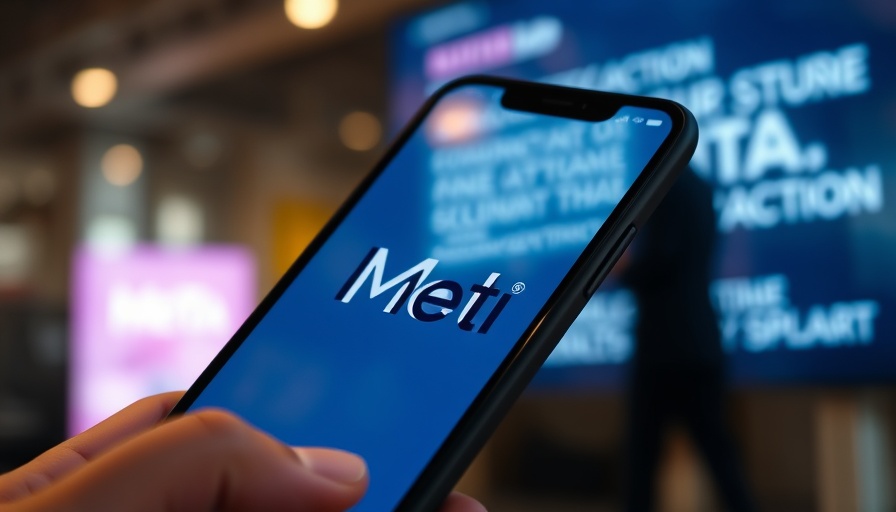
The Controversy Surrounding Project Aldrin and Meta
A bipartisan U.S. Senate subcommittee is currently investigating allegations that Meta, the parent company of Facebook, engaged in discussions to create censorship tools for China’s Communist Party (CCP) in exchange for access to the vast Chinese market. These claims surfaced following the release of a former executive's book, which asserts that Meta had devised a secret three-year plan to develop mechanisms akin to the infamous 'Great Firewall' in China.
This investigation raises critical questions about the ongoing relationship between big tech companies and authoritarian regimes. The Senate has called for internal documents dating back to 2014 as part of their inquiry, emphasizing the need for transparency in how major corporations navigate ethical boundaries in foreign markets.
Implications for Global Internet Freedom
The prospect of a company as influential as Meta crafting censorship tools raises alarms not only about digital freedom in China but globally. Such actions could enable authoritarian governments to suppress dissent and curtail free expression, which directly impacts citizens’ rights and access to information.
The discussions surrounding Project Aldrin are reminiscent of previous controversies involving major tech firms and their compliance with government censorship. This scenario echoes broader concerns related to corporate governance and ethical responsibilities, particularly when profits outweigh the implications for human rights.
Historical Context: Lessons from Past Collaborations
Similar to past instances where Western companies have adjusted their operations to appease authoritarian regimes, this incident underlines a recurring pattern. The business strategies adopted often prioritize market access over ethical considerations, compromising values of free speech and democracy.
Future Considerations: Navigating Corporate Ethics
The ongoing investigation of Meta’s dealings shines a light on the complex interplay between business interests and governance. It challenges companies to contemplate the implications of their partnerships and the systems they enable. As consumers become increasingly aware, companies may find themselves facing backlash for engaging with regimes that violate human rights.
What Does This Mean for Consumers?
For the target audience of consumers who value transparency and ethical business practices, this should underscore the importance of holding corporations accountable. Understanding the influence these entities wield encourages support for initiatives that promote accountability and corporate responsibility in foreign relations.
As the Senate continues to probe Meta and its alleged dealings, the case of Project Aldrin serves as a crucial reminder of the ethical dilemmas faced in an increasingly globalized economy.
 Add Row
Add Row  Add
Add 




 Add Row
Add Row  Add
Add 



Write A Comment